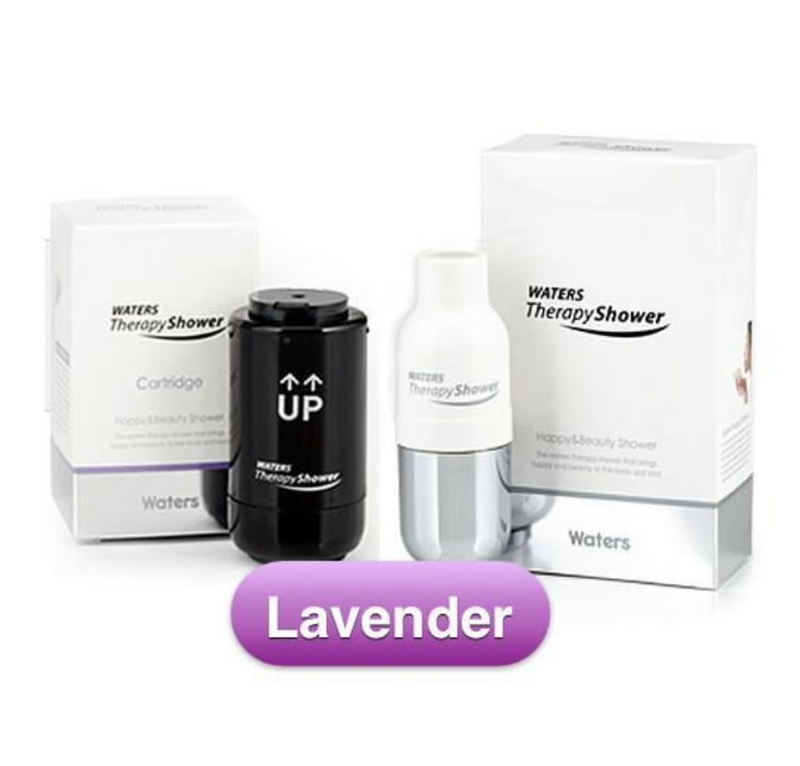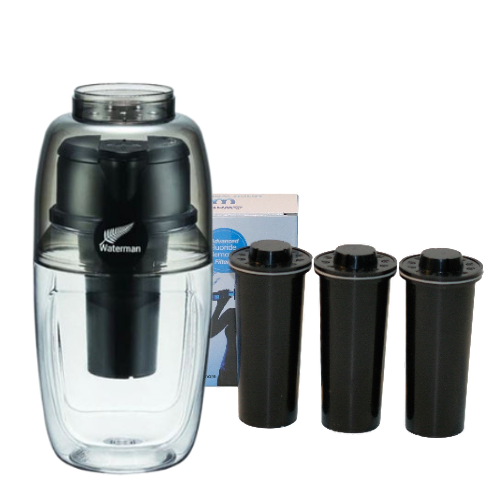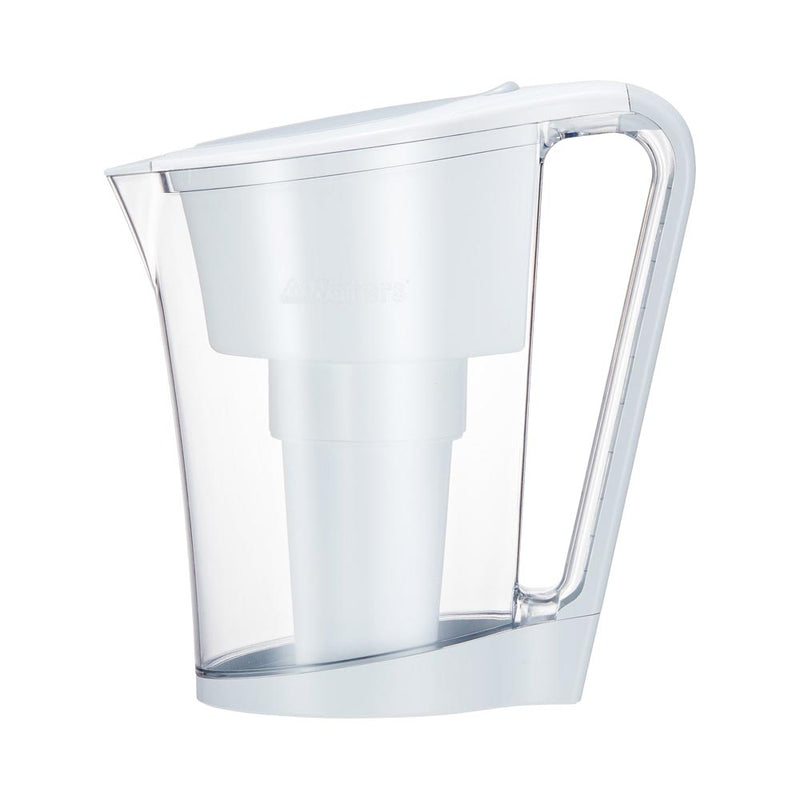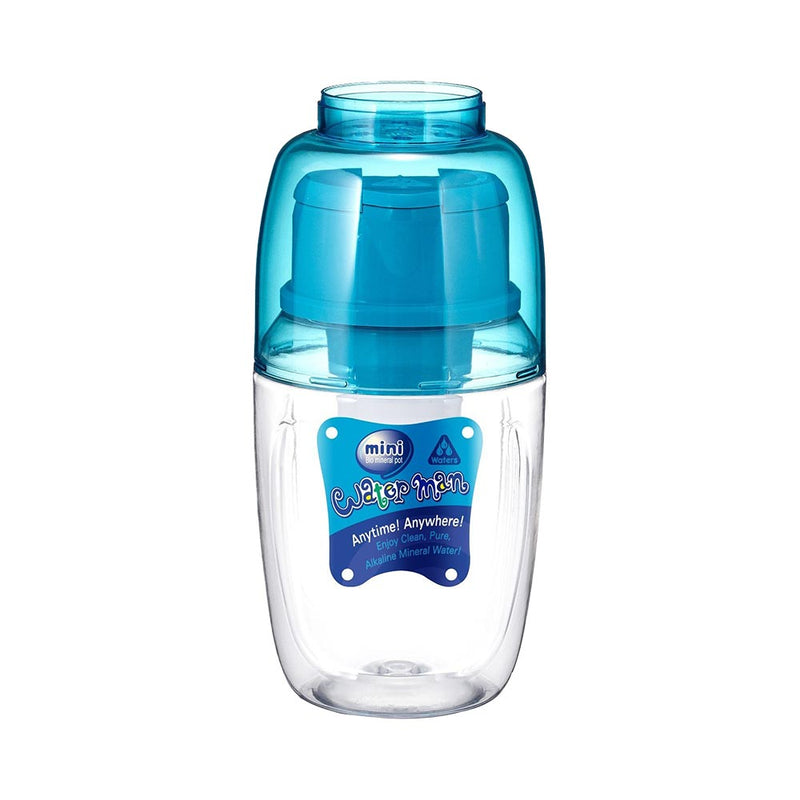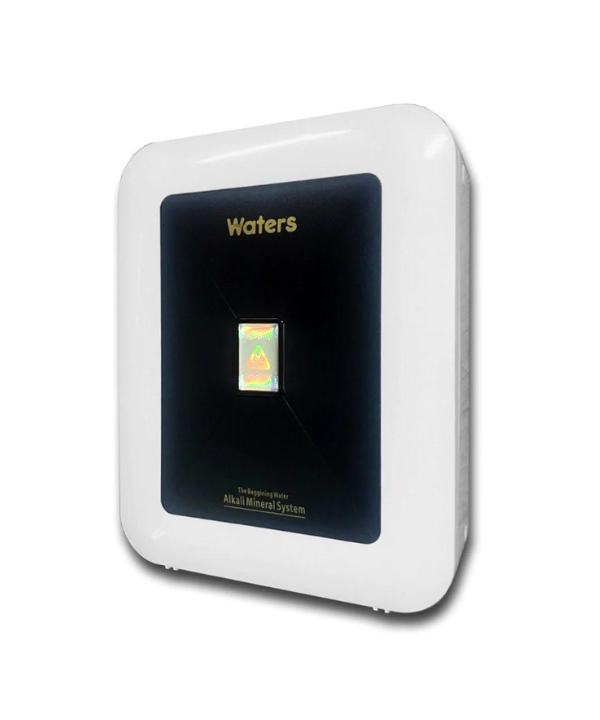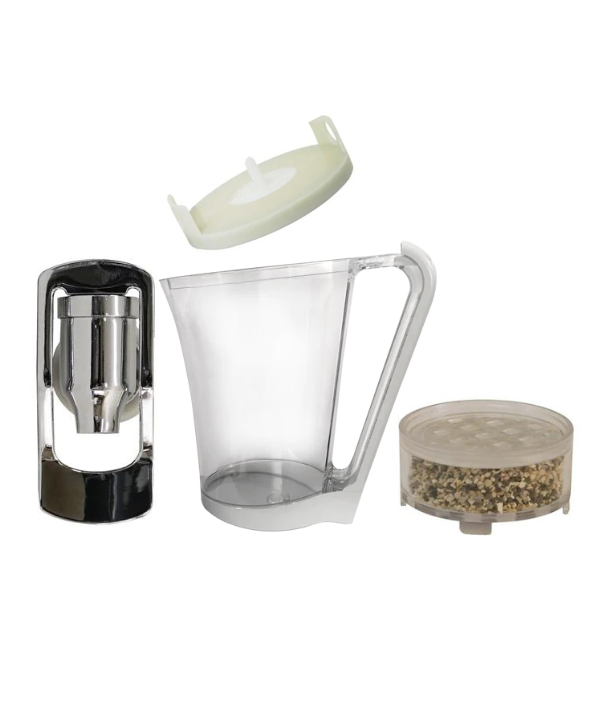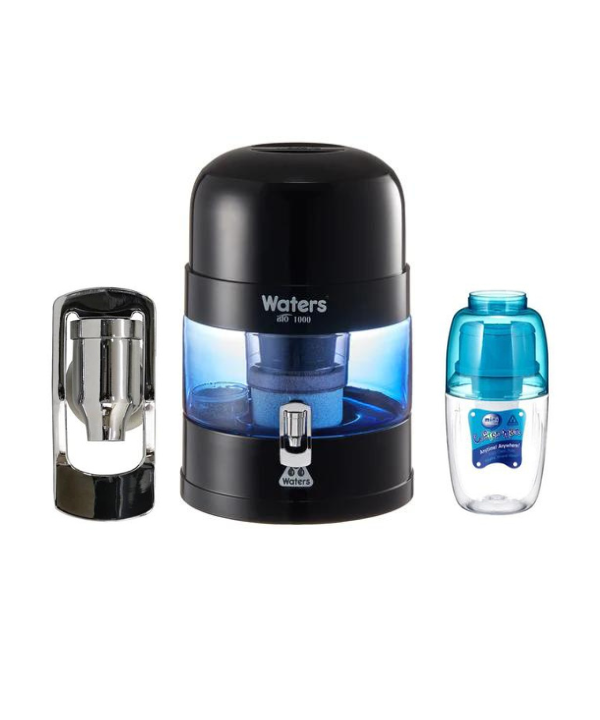World Mental Health Day 2019: Self-Care and Proper Hydration
Observe World Mental Health Day on October 10, 2019. This year’s theme puts the focus on suicide prevention.
Suicide is a public health concern around the globe. According to the World Health Organisation (WHO), over 800,000 individuals die by suicide each year, the most common cause of death among those aged 15 to 29 years.
Unfortunately, there is a misconception that only adults exhibit suicidal behaviors. It is necessary to establish that children and young people also exhibit suicidal ideation and gestures due physical violence, sexual abuse, and cyber bullying.
Suicidality does not discriminate – everyone is at risk regardless of age, gender, and economic status. Raising awareness and having a meaningful conversation about this public health issue can help prevent many senseless deaths.
The state of mental health in Australia
According to Mental Health Australia, 1 in 5 individuals in the country suffer from mental health issues.
Likewise, the most recent Australian Bureau of Statistics National Survey of Mental Health and Well being (ABSNSMHWB)found that 40.8 million Australians, or 20.1% of the population, presented with mental and/or behavioural conditions between 2017 and 2018, a 2.6% increase from 2014-2015.
The survey stated that the increase was due to more Australians reporting feelings of anxiety and depression.
Poor mental health is associated with suicidal behaviors. According to ABS, 3,128 individuals died from self-harm in 2017 compared to 2,866 the year prior.
Although suicidality is not exclusive to those with poor mental health, the survey estimates that 94.2% of those who attempted suicide in the last 12 months also experienced a mental disorder within the same time frame.
But there is hope. Suicide is preventable given the right tools, resources, and treatment. The World Federation of Mental Health, the organisation behind World Mental Health Day, encourages communities around the world to make sure that support is available to anyone who might be at risk for suicide.
Practising self-care
You can take small and simple measures to protect your mental health today. Contrary to popular belief, self-care is not a luxury or an indulgence. It is a necessity in a fast-paced, high stress lifestyle in the modern world.
It doesn’t have to come in the form of an elaborate ritual either – staying hydrated, for example, can do wonders for your mental state.
A 2018 study in World Journal of Psychiatry discovered that those who drank five or more glasses of water each day had a lower risk of depression. On the other hand, participants who only had two glasses of water or less each day had an increased risk for depression.
Dehydration was associated with a 73% increased risk for depression among men, and 54% among women.
Another study published in PLOS One in 2014 found that a 2.4-litre increase in water intake each day reduced feelings of fatigue, sleepiness, and confusion. Moreover, participants who drank that amount reporting feeling happier and more positive than those who did not.
Tips for staying hydrated
The recommended daily water intake for adults is eight to 10 cups each day. If you’re unable to meet the daily requirement, making a few changes to your personal habits can help you stay hydrated:
- Bring a water bottle everywhere you go–Make sure you have access to clean water at all times by keeping a reusable water container in your bag, whether you’re headed to work, gym, or simply out doing errands. Waters Co offers water jugs with built-in filters to ensure water quality on the go.

- Don’t wait until you’re thirsty–Most people make the mistake of waiting until they start to feel thirsty before drinking water. But by the time you experience the symptoms of mild dehydration, such as a dry mouth or decreased urine, chances are, you’re already dealing with the negative effects of it, such as irritability, poor concentration, and low energy.
- Consume water-rich fruits and vegetables–Adding cucumbers, tomatoes, oranges, apples, and other water-rich foods to your diet can help you stay hydrated.
- Stick to a schedule–Making it a habit to drink a full cup of water upon waking or right before bedtime can help you meet the recommended daily intake.
Fight the good fight against suicidality on World Health Day. Improve your mental health by practising self-care, join the conversation, and reach out to persons whom you think might be in need of support.
Hydration and ADHD
Research by the National Institute of Health says: “Water, or its lack, can influence cognition. Mild dehydration impacts important aspects of cognitive function such as concentration, alertness, and short-term memory.” Therefore, those with ADHD, particularly students need to pay more attention to hydration needs as a means to lessen the effects that dehydration induces.

